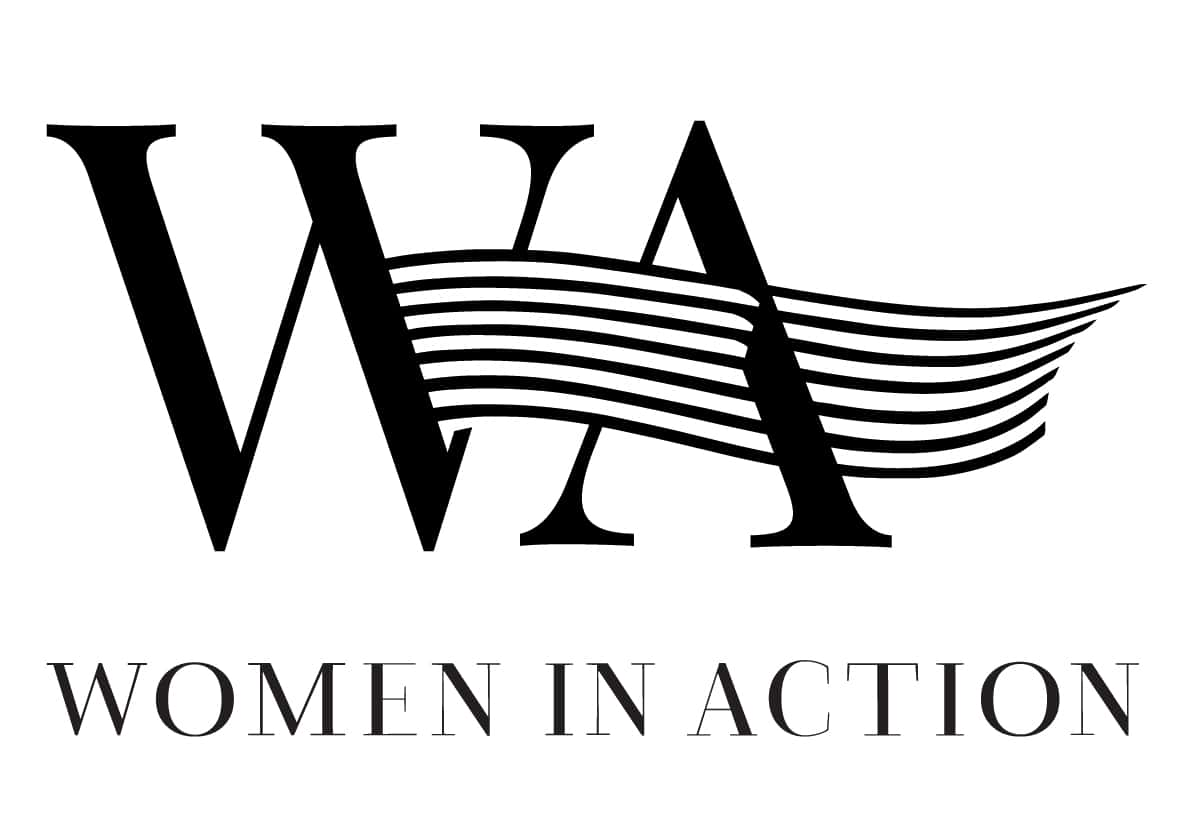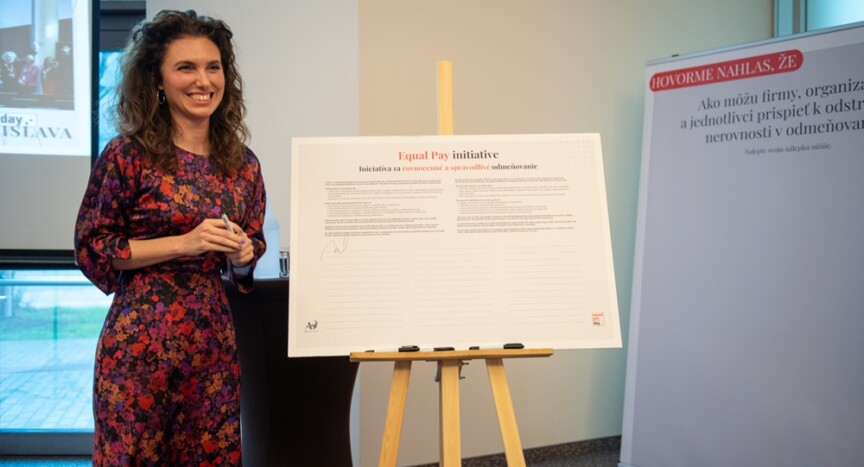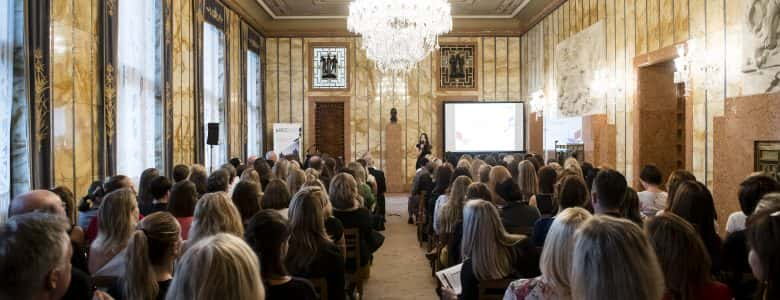Gender stereotypes affect societies everywhere, shaping how men and women are perceived and treated. In Slovakia, traditional views still influence roles at home and work, despite some progress. Men are often seen as providers, while women are expected to manage household duties. Unfortunately, women face various stereotypes such as gender discrimination, insufficient ensuring of equal opportunities for men and women, difficult roles of being mothers and so on.
By examining these issues, we aim to highlight the progress made and the steps still needed to achieve true equality between men and women. We got the chance to discuss this topic with the Ambassador of the Cyprus Embassy in Slovakia, Paraskevi Tsaparidou, to explore strategies and progress in addressing these vital problems.
Are there any typical stereotypes between genders in your home country? Have you encountered any visible differences in Slovakia?
In this sense, Cyprus, like Slovakia, is still very traditional, where the man is viewed and accepted as the provider, and the woman as the carer. In Slovakia, in the short time I have been here, I have noticed many women working, for example, as taxi drivers and in Public Transport, which is not so common in Cyprus. I am also struck by the fact that many women who belong to one, two or even three previous generations have a university education.
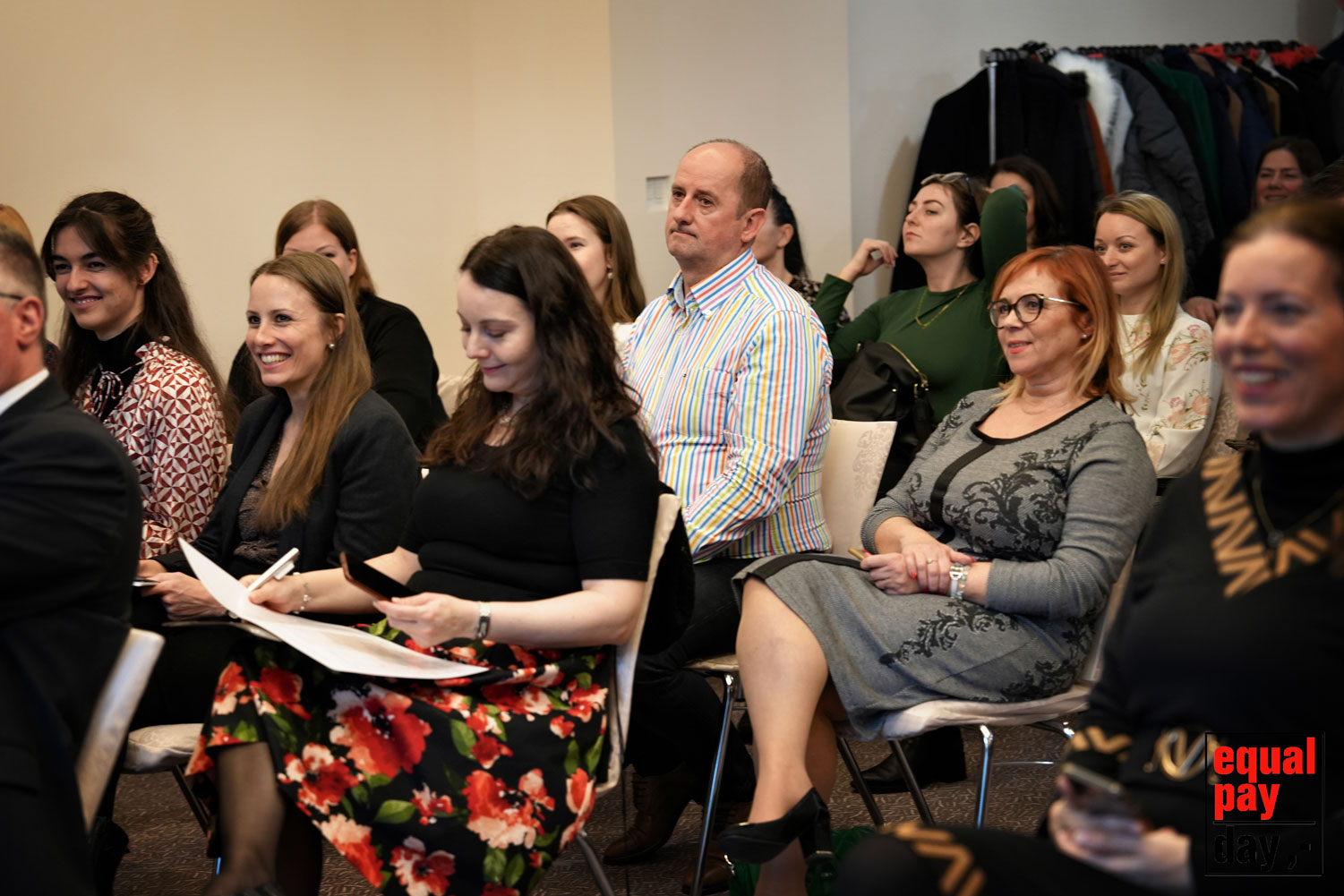
Equal Pay Initiative
The Turkish conflict
Additionally, one aspect that is very different between the two countries, is the way the women of Cyprus were affected by the 1974 Turkish military invasion and the occupation of one third of the country since then. This trauma is still very visible in the collective memory of Cypriot women. The development of the society and the social norms, was also very linked with the needs created by the economic and social destruction of 1974. One third of the population was displaced and lost all their livelihood.
This forced the displaced women to take additional roles in order to contribute to the family budget, while, at the same time, they assumed great responsibilities to rebuilding their family’s life in displacement. It was quite frequent that they would do this all alone, as their life partners were victims of war (killed, injured or went missing) or emigrated to support the quick economic recovery of their family and the country.
Do you believe women can perform their jobs as professionally as men can?
Of course! I firmly believe it! Women, as professionals, are perfectly capable to compete with their male colleagues on an absolutely equal footing, if they are given the same tools. Unfortunately, though, even today, in most societies, women are expected to take up more obligations than men within the household. They are expected to be full-time parent, carer of elders, cook, cleaner etc. All those responsibilities, and multiple-roles force them to compromise their professional ambitions, to enable their male partners – providers, to advance their own. It is exactly this stereotype that arms men with competitive professional advantage, as they are not forced to make any hard choice between family or career.

Source: Freepik.com
What is a role of working mothers in our society? Why is it that they encounter a great deal of criticism at times
BOTH PARENTS SHOULD CONTRIBUTE TO TAKING CARE OF HOUSEHOLDS EQUALLY.
What are the characteristic traits that working women have that men tend to lack in professional environment and vice versa?
I don’t think there is much difference between men and women in the professional field. More depends on personality, character, type of work. Maybe women tend to show more empathy and be more conservative in decision-making, while men take more risks, but in general, I don’t believe in gendered traits. Each person has her or his qualities and weaknesses, both at personal and professional level.

Source: Freepik.com
WOMEN TEND TO HAVE MORE EMPATHY, WHILE MEN TAKE MORE RISKS.
What is the correct approach to addressing issues related to gender-based violence and discrimination, and what resources are available to support survivors?
Looking ahead, what priorities does your Embassy have in advancing gender equality and ensuring equal opportunities for women and men in Slovakia?
The Embassy of Cyprus will be very happy to participate or offer its support to any initiatives of local NGO and associations, aiming at raising awareness and promoting all issues of gender equality and equal opportunities in Slovakia. Promoting gender equality in foreign policy is one of the priorities of the Government of Cyprus. In this regard, the Embassy will also try to promote cooperation and possible joint initiatives of the competent authorities of the two countries in the European Union the Council of Europe and the United Nations.
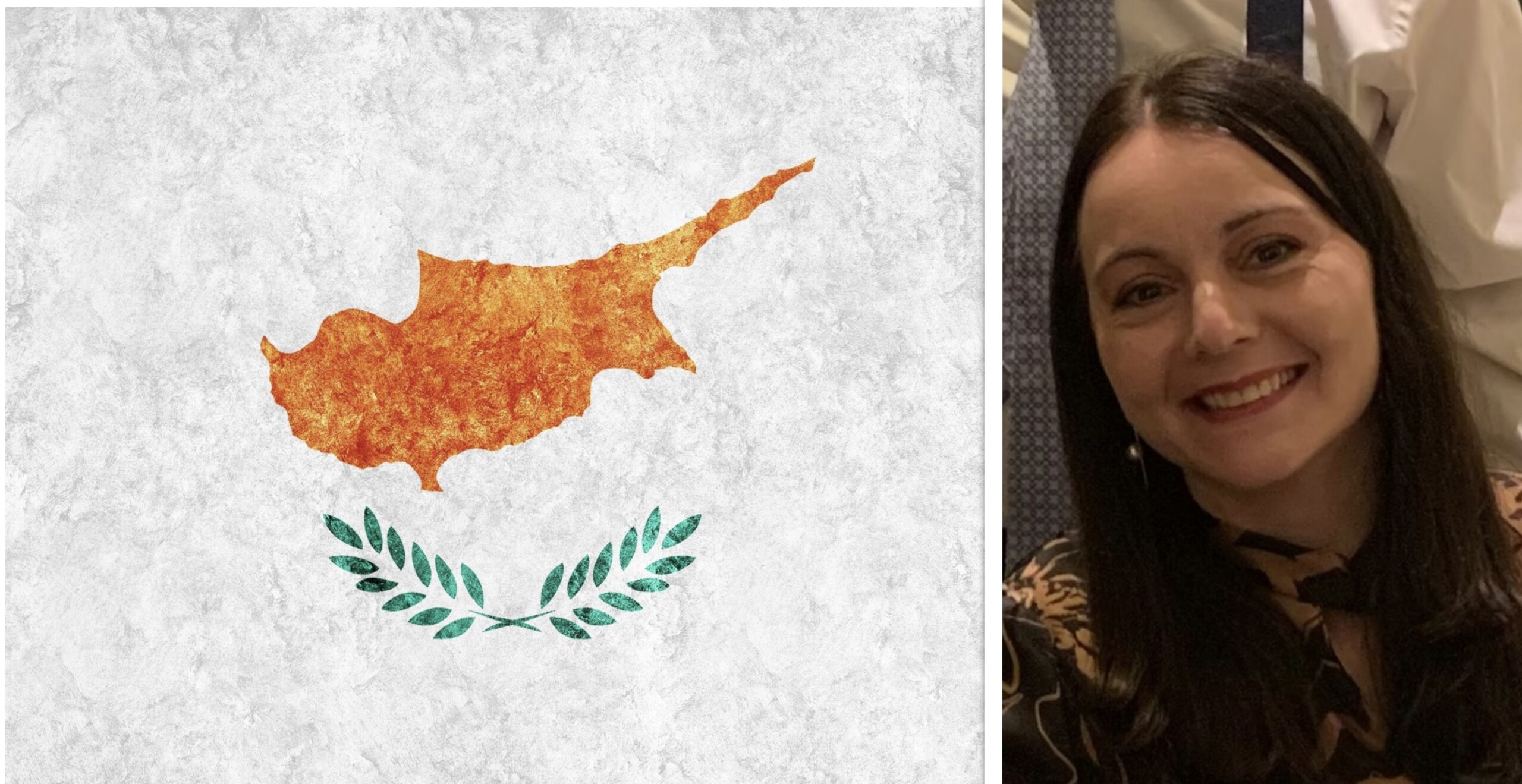
The ambassador of Cyprus Embassy Paraskevi Tsaparidou
We believe that through cooperation and empowerment we can achieve our common goals.
